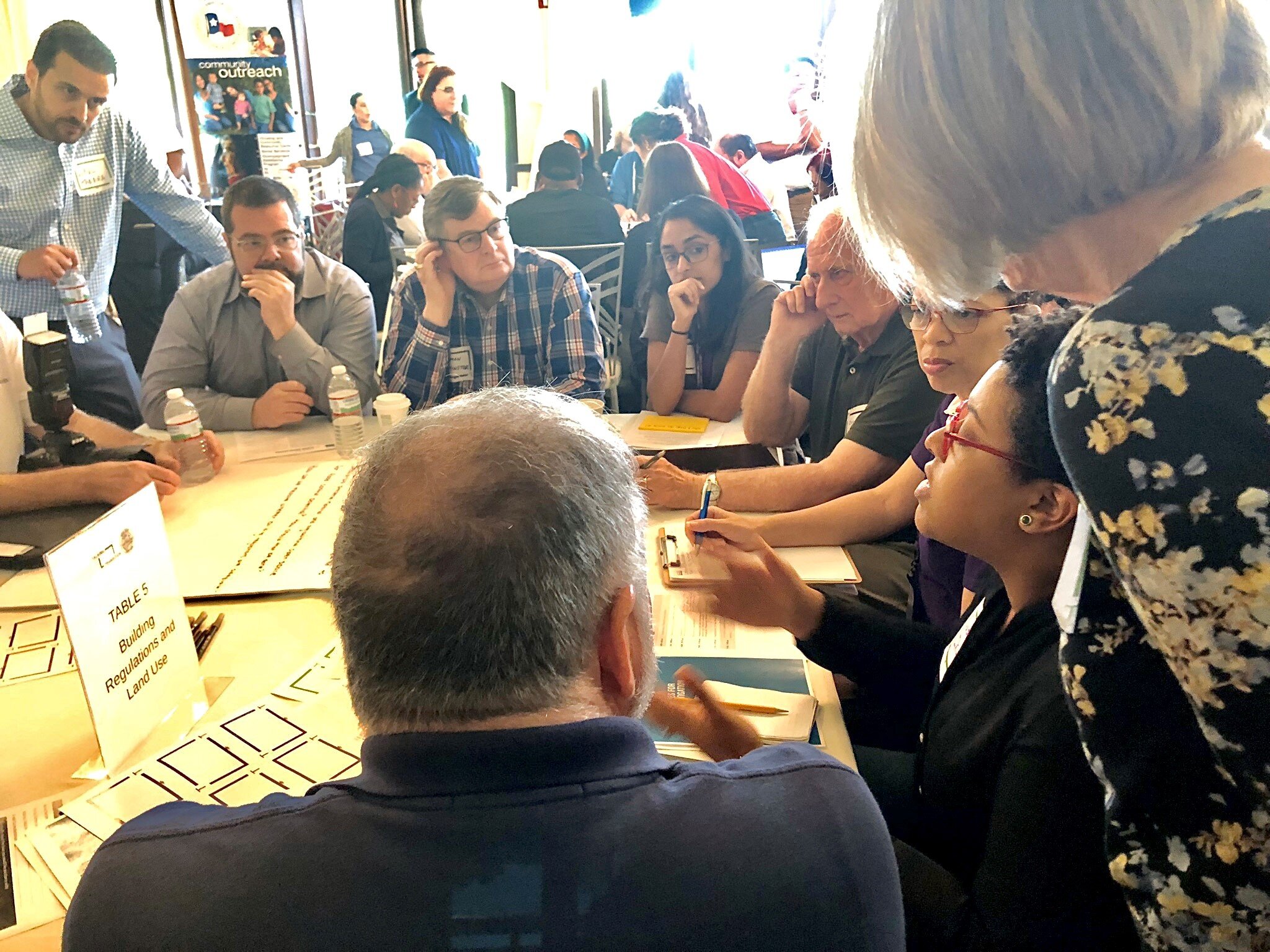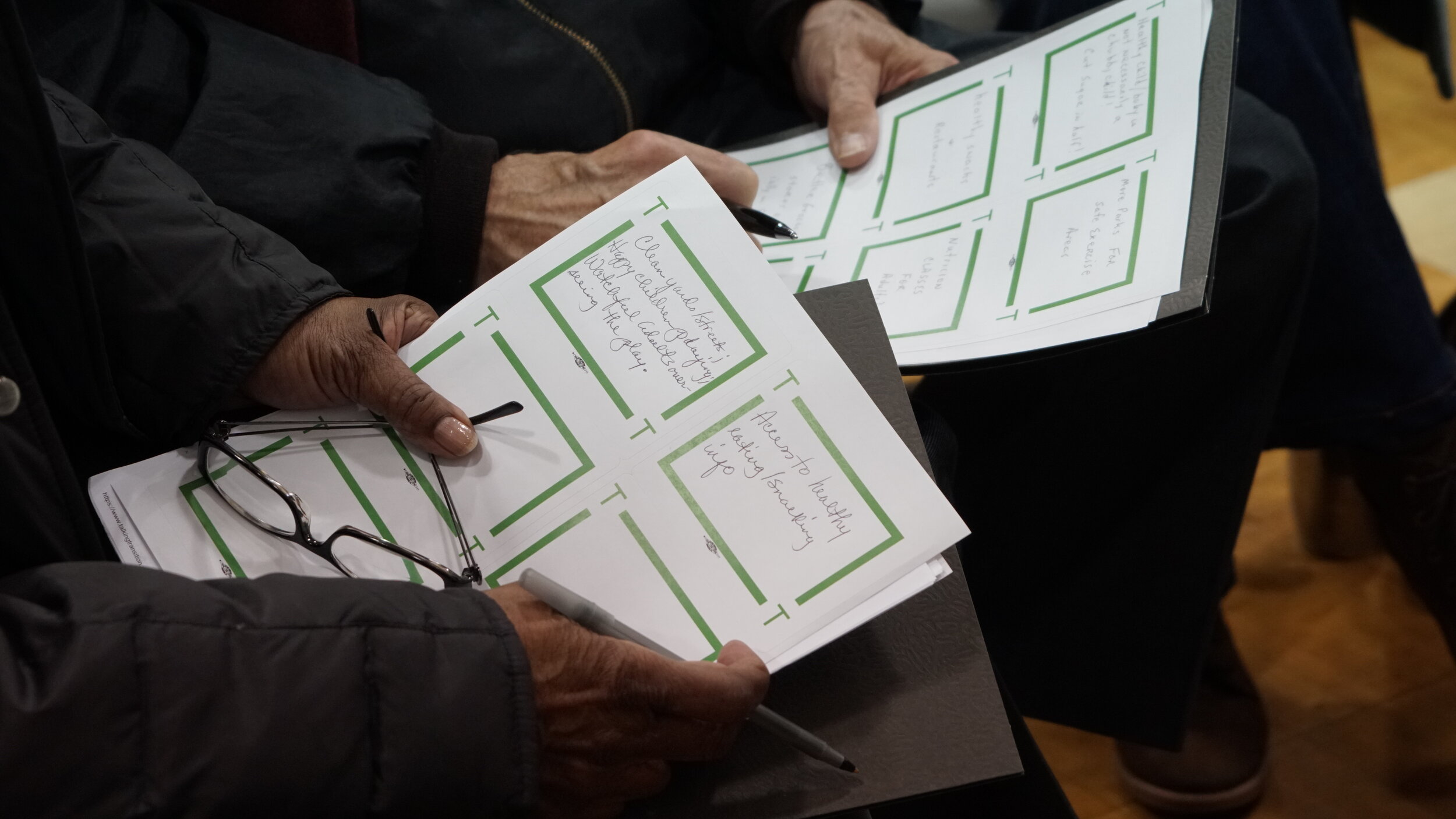
A transformative administration begins by elevating community voice
Leaders have the power to reshape government to improve the lives of residents.
Our cities and counties are experiencing a crisis of local democracy. Few residents know who represents them, and public trust in government is at historic lows. At the moment of transition, leaders have an opportunity to reveal the foundation of the solution: community-driven policymaking that creates the change residents want to see.
By embracing a Talking Transition, leaders can transform politics as usual into an opportunity to design solutions grounded in community needs, and build the relationships needed to implement plans with trusted local partners.

The Charge
Turn the transition inside-out
“Politics as usual” can, and will, alienate communities that harbor fears that they will be pushed further to the margins. The opposite is also true: the signaling of a new kind of politics can begin to heal those fractures.
Quantify
the mandate
Broad public engagement, paired with “hard data” on community priorities, delivered at the right time can play a catalytic role in structuring public dialogue and the incoming administration's stated policy commitments as they transition into office.
Empower trusted community messengers
Leaders should strengthen organizing networks working on behalf of marginalized communities by creating meaningful opportunities for collaboration with each other and with government on ideas, initiatives and strategies that center on the principle of equity.
Design for
radical inclusion
Advocates for systemic change are often overworked, underpaid, and tired of trying to work with government for no reward. Lower the barriers to participation by designing opportunities for paid work, recognition, and highlighting how this time will meaningfully be different.







